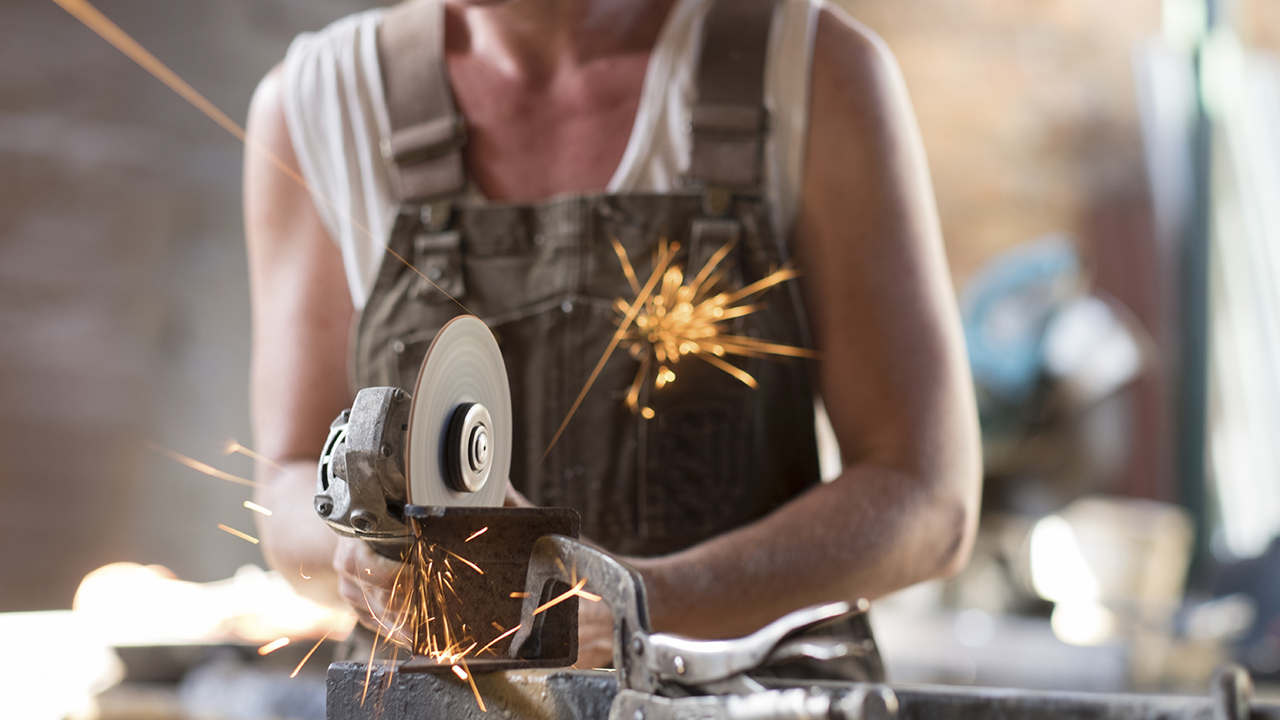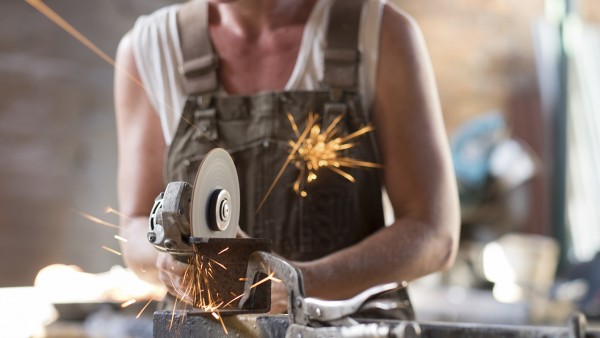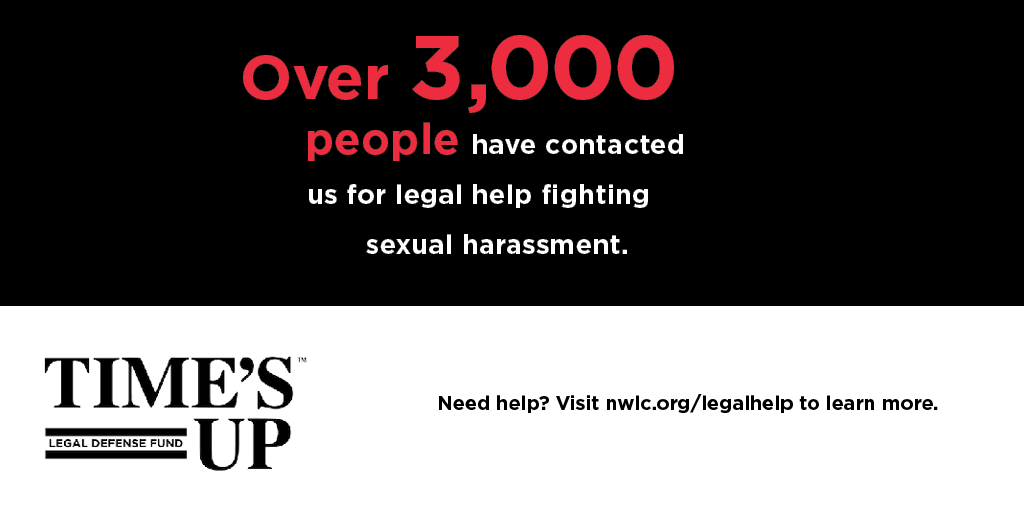Four Things You Should Know About Women in Apprenticeships


This week is National Apprenticeship Week and November 15, 2018 is Women in Apprenticeships Day. The National Women’s Law Center is proud to support women and non-binary people who are working towards careers in skilled trades jobs.
1. What is an apprenticeship?
An apprenticeship is a program that teaches people how to become a skilled tradesperson. It’s like an internship, but way more valuable. They are often jointly organized between employers and unions to train the next generation of workers – from carpenters to welders to plumbers to electricians. The education takes place over several weeks or months, under the supervision of a skilled tradesperson. Then after you complete the program, you have the credentials and training you need to get a full0time job.
2. Why are apprenticeships important?
Apprenticeships are one of the only ways to get access to skilled trades jobs – like carpenters, electricians, ironworkers and pipefitters. They are an opportunity for women to get debt-free career training and paid on the job training.
Trades jobs (and especially union jobs) pay very well and it is incredibly important that women have access to jobs with good salaries and benefits. Although women make up just under half of the overall workforce, they make up nearly six in ten workers in the low-wage workforce (i.e., in jobs that typically pay less than $11 per hour). And the lower paid the job, the greater women’s overrepresentation: women make up close to seven in ten workers in jobs that typically pay less than $10 per hour. Women who are concentrated in low-wage jobs don’t only lack pay, they also lack access to benefits like a pension, health insurance, sick leave, paid parental leave and stable schedules – and are often working in environments that do not have adequate safety protections. Unions can provide not only higher and more equal pay for women, but also the benefits that women (and all working people) so desperately need for themselves and their families.
To stem this troubling trend, women need to have pathways to higher paying jobs – and a single mom can feed her family as a union Ironworker. These high-paying and high-skill jobs should be available to all, not just to some.
3. What do I need to know about women in apprenticeships?
Between 2012-2016, there were over 1,650,000 male construction laborers in the U.S. but only about 49,000 women. That isn’t enough! To get more women in construction, we need to get more women in apprenticeship programs.
Right now, women (and especially women of color and non-binary people) face an uphill battle when they try to break into construction. They are often the only woman on the jobsite and that leaves them open to harassment and discrimination. Even if a woman works on a unionized jobsite, the union may not know how or be unwilling to respond to these issues. Isolation and ignorance breeds this type of illegal behavior, and the more women in the trades, the less likely they are to be harassed. In the meantime, it is critical to ensure that women seeking to enter the trades through apprenticeships have the support they need.
4. How can I support women in apprenticeships?
Support local tradeswomen organizations like, Chicago Women in the Trades, Oregon Tradeswomen or Tradeswomen, Inc or the Reckoning Trade Project and work to lift up the Tradeswomen Task Force Policy Platform.
Attend the Women Build Nations conference: a promising effort through the National Association of Building Trades Unions to help connect women in the trades and build a platform for union women to fight back against the discrimination, stereotypes and harassment they face at their jobs.
Hire women and non-binary construction workers or request that women and non-binary people be put on your job site!
Finally, are you a woman or non-binary person considering a career in construction? Learn more here.





